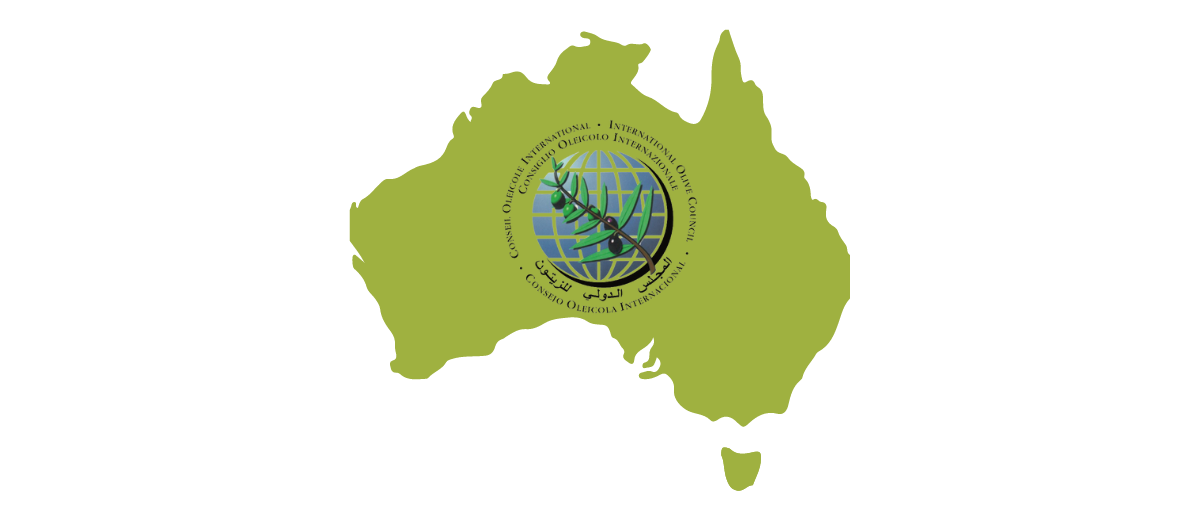Bridging the gap between the IOC and non-member countries
Within the framework of the “Dialogues for the Future” initiative launched by the IOC earlier this year in California, Executive Director Jaime Lillo and the Head of the Standardisation and Research Unit, Mercedes Fernández, travelled to Australia in September 2024.
 The initiative’s aim is to bring non-IOC member countries that are producers, importers and consumers of olive oil and table olives closer to the world’s only intergovernmental organisation dedicated to these unique products. The IOC’s visit also falls in line with the promotional campaign launched by the Organisation in Australia in 2022. On the occasion of the visit, the IOC executives met with a variety of key olive oil stakeholders in Australia. They were invited to a presentation from Jaime Lillo in Canberra during which he highlighted the main challenges of the global olive sector and the importance of facing them together, as well as shedding light on the many benefits for Australia of joining the IOC. This chapter of the “Dialogues on the Future” provided an enriching opportunity for the Australian olive oil sector to understand challenges and leverage the opportunities ahead. The IOC’s mission in Australia also included a visit to Cobram Estate, the main Australian producer of olive oil.
The initiative’s aim is to bring non-IOC member countries that are producers, importers and consumers of olive oil and table olives closer to the world’s only intergovernmental organisation dedicated to these unique products. The IOC’s visit also falls in line with the promotional campaign launched by the Organisation in Australia in 2022. On the occasion of the visit, the IOC executives met with a variety of key olive oil stakeholders in Australia. They were invited to a presentation from Jaime Lillo in Canberra during which he highlighted the main challenges of the global olive sector and the importance of facing them together, as well as shedding light on the many benefits for Australia of joining the IOC. This chapter of the “Dialogues on the Future” provided an enriching opportunity for the Australian olive oil sector to understand challenges and leverage the opportunities ahead. The IOC’s mission in Australia also included a visit to Cobram Estate, the main Australian producer of olive oil.
Olive oil production in Australia is estimated at around 19 000 tonnes per crop year. On average, more than 32 000 tonnes are imported per crop year, of which 92% come from European Union countries. Average consumption is around 48 000 tonnes which means a consumption of 1.9 kilos of olive oil per inhabitant.











